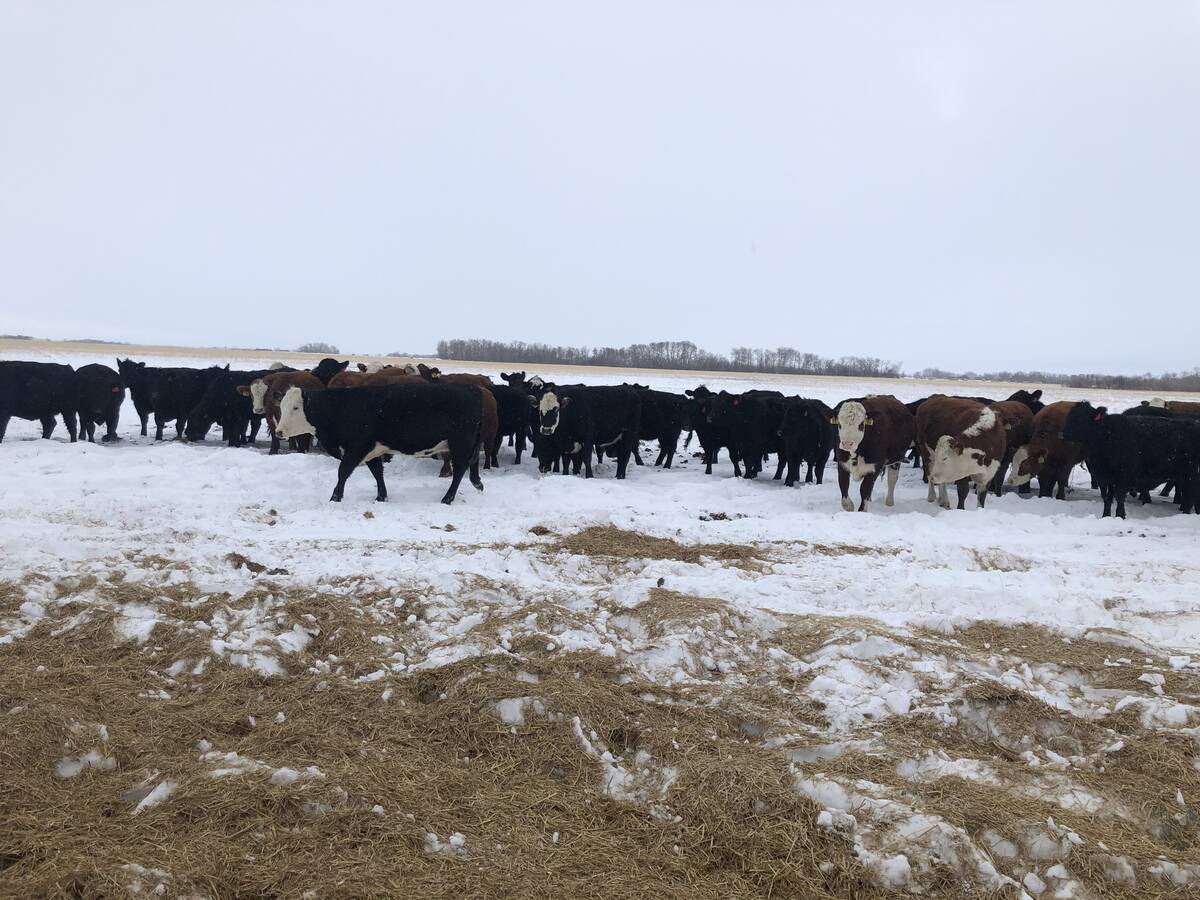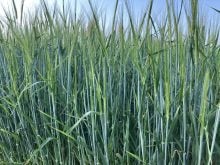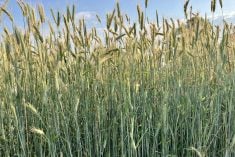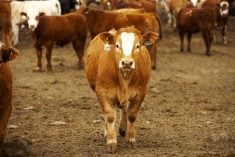With input costs on the rise, beef producers are always looking for ways to stretch feed dollars and boost efficiency. While a wide range of feed additives have been used in both beef and dairy operations, one area gaining traction is the use of direct-fed microbes, particularly yeast-based supplements.
Yeast products have long been used in dairy diets to support milk production, feed efficiency, and animal health, but their use in beef cattle has been more limited — though that’s beginning to change. With growing pressure to reduce antibiotic use, yeast supplements may offer a promising alternative.
Yeast-based feed additives come in various forms. Some contain live yeast cells, while others are made up of yeast cell wall components and fermentation byproducts, often referred to as prebiotics. These products are designed to support digestive health and performance, but not all yeasts work the same way.
Read Also

Picking the most efficient cows to rebuild your cow herd
A new cow ranking system to help beef farmers and ranchers pick the most efficient cows as they rebuild their herds.
It’s important to know that yeast are aerobic microbes — they require oxygen to survive. The rumen, however, is an anaerobic environment with very little oxygen, so yeast doesn’t colonize the rumen like some might expect. That’s why live yeast needs to be fed daily to maintain its effects.
Yeast supplements may benefit the animal through several mechanisms, depending on the product. Some of the most common benefits include stabilizing rumen pH, enhancing energy availability from rumen fermentation, reducing pathogenic bacteria and supporting fibre-digesting microbes.
Grain is a common energy source in beef cattle diets, from feedlot rations to cow-calf supplements, and even grazing corn or crop residues. However, high levels of fermentable grains, such as dry-rolled barley, can drop rumen pH, leading to acidosis and potential tissue damage.
Certain yeasts have been shown to metabolize lactic acid in the rumen, which can help buffer pH and reduce the risks associated with high-grain diets. Interestingly, the benefit of yeast appears to increase as grain levels rise in the diet.
Yeast can also scavenge oxygen in the rumen, which creates a more favourable environment for fibre-digesting bacteria. Improved fibre digestion can support better weight gain in feedlot cattle and increased milk production in beef cows.
While not extensively investigated in cow-calf diets, a recent study showed promising results for lactating beef cows on Kansas native range. This study showed a significant increase in calf weaning weight, calf average daily gain, and, while not statistically significant, a numerical increase in cow pregnancy rates. In the dairy industry, yeast additives are among the most common direct-fed microbes. Research consistently shows increases in dry matter intake, milk yield and milk fat, though the extent of the benefit varies.
Most commercial yeast products use Saccharomyces cerevisiae, with some specific strains offering unique benefits. For instance, S. cerevisiae boulardii (CNCM I-1079) has been shown to reduce bovine respiratory disease by 28.4 per cent in high-risk newly received calves. This is likely due to improved immune response and reduced gut inflammation.
That said, results across studies vary. Many factors — from diet composition to animal stress levels — can influence a yeast product’s effectiveness. Before choosing a yeast supplement, take time to evaluate:
- The species and strain of yeast used
- Whether the product contains live yeast, cell wall components or fermentation byproducts
- Research that supports the product’s claims
How well the yeast survives your feeding and storage conditions. Live yeast must remain viable until the animal consumes it. If the product can’t withstand processing, storage or feeding conditions, its effectiveness will be limited.
The bottom line is that yeast supplements offer potential benefits for beef operations, from improving rumen health and digestion to supporting growth and immunity. But like any feed additive, these supplements aren’t silver bullets. Research results are mixed, and effectiveness depends on the specific product and how it fits into your overall program. Do your homework, ask for data and weigh the cost against the potential return. With the right product and proper use, yeast supplements could be a valuable tool in your feeding program.

















